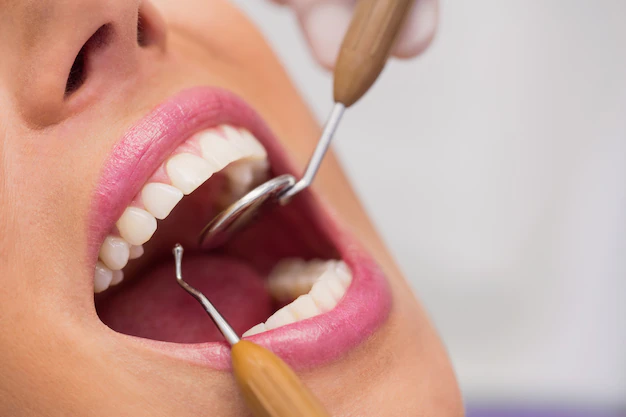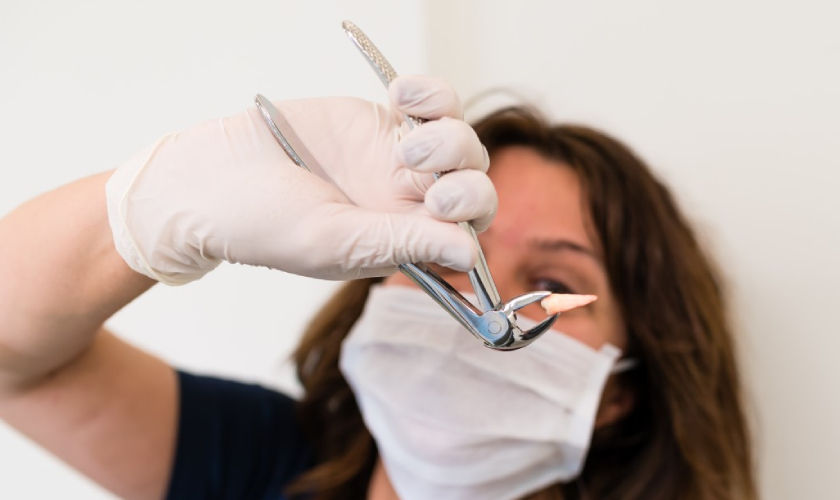Are you feeling anxious about getting your wisdom teeth extracted? Don’t worry, you’re not alone! Wisdom teeth removal is a common dental procedure that many people go through. But before you dive into it headfirst, there are some important things to know. From what to expect during the procedure to tips for recovery, we’ve got everything you need to know about wisdom teeth removal in this comprehensive guide. So sit back and relax as we take you through all the ins and outs of this essential dental surgery.
What Is Wisdom Tooth Removal?
If you are considering wisdom tooth removal, there are a few things you need to know. Wisdom teeth are typically the last teeth to come in, and as such may be difficult to remove. In some cases, they can also cause problems if not removed. There are a number of different techniques that can be used for wisdom tooth removal, depending on the individual patient’s circumstances..
Types Of Wisdom Tooth Removal
There are a few different ways to remove wisdom teeth. The most common is to have the teeth removed through surgery. However, there are other options available, such as using a laser or a drill. Here are some more details about each method:
Surgery: This is the most common way to remove wisdom teeth. The surgeon first makes an incision in the gum and then removes the tooth with a surgical tool. This process can be quite painful and may require general anesthesia.
Laser: A laser is used to remove wisdom teeth without any surgery. The laser uses light energy to damage the tooth and then removal of the tooth can occur through natural healing processes. There is no pain with this method, but it is not always successful.
Drill: A drill is also used to remove wisdom teeth without any surgery. The drill bit pierces through the tooth and then it can be removed by hand or with a tool. This method is often more successful than laser removal, but it can be more difficult and require more experience than surgery.
How Does Wisdom Tooth Removal Work?
There are a few different ways to remove wisdom teeth. If the tooth is already out, you can either have it removed through surgery, or you can use a technique called pulpectomy. With a pulpectomy, the doctor makes an incision in the side of your mouth and removes the tooth by cutting it into it. This option is usually preferred if there are other health problems that may be caused by having a wisdom tooth removed through surgery.
If you don’t have to have the tooth removed right away, you can try to remove it yourself using some of the following methods:
Applying Ice:
Applying ice directly to the tooth can help reduce inflammation and pain. Make sure to keep the area around the tooth cool for thirty minutes at least three times a day.
Applying Pressure:
When applying pressure, make sure not to put too much force on the teeth themselves. Try using an over-the-counter mouthpiece that helps immobilize the teeth while applying pressure. You can also use something like a tea bag or cotton ball to apply pressure.
Using A Dental Tool:
Dental tools like endodontic files (a type of dental file) or scrapers can be used to help break down and remove material from around the tooth. Be careful not to damage surrounding tissue with these tools!
The Bottom Line
If you’re thinking about wisdom teeth removal, there are a few things you need to know. Here’s what you need to know about the surgery and your post-operative care.
Wisdom teeth are typically removed through a standard surgical procedure called oral surgery. The surgery typically takes around two hours and is done under general anesthesia. After the surgery, you’ll likely require post-operative care for around two weeks. This includes taking antibiotics to prevent infection, following a specific diet to help your healing process, and using painkillers as needed.



